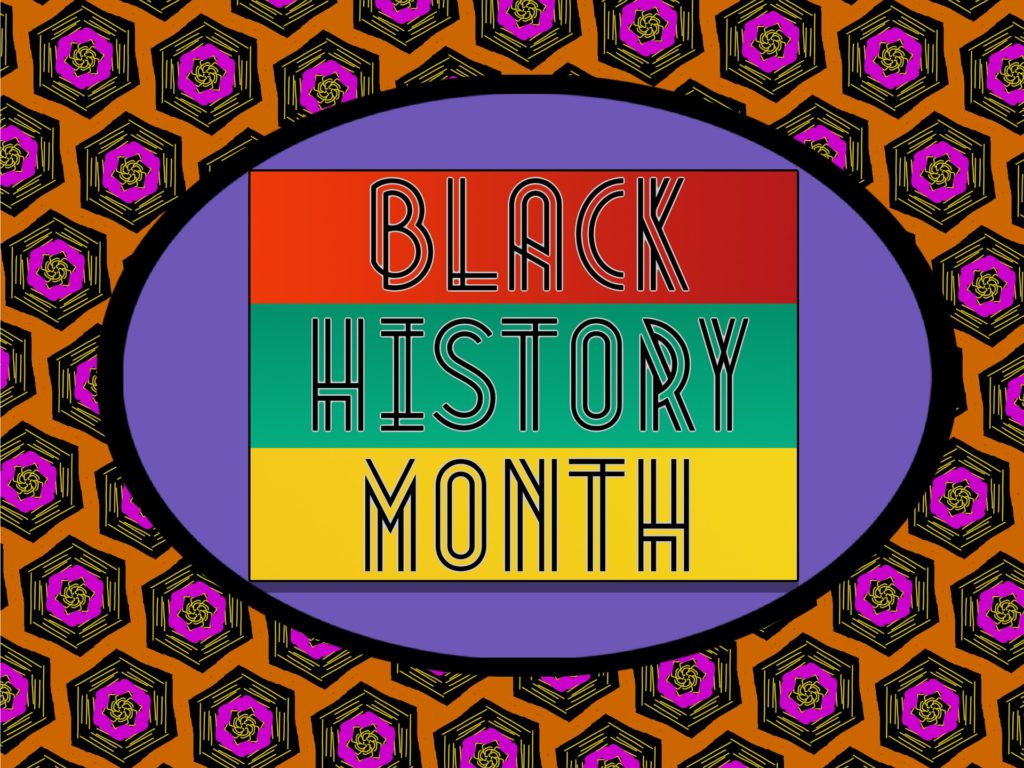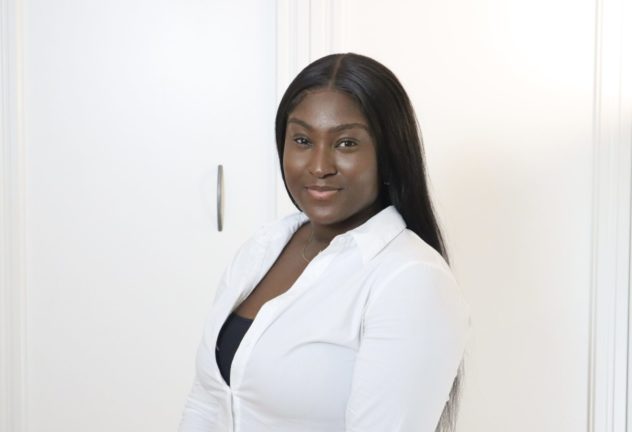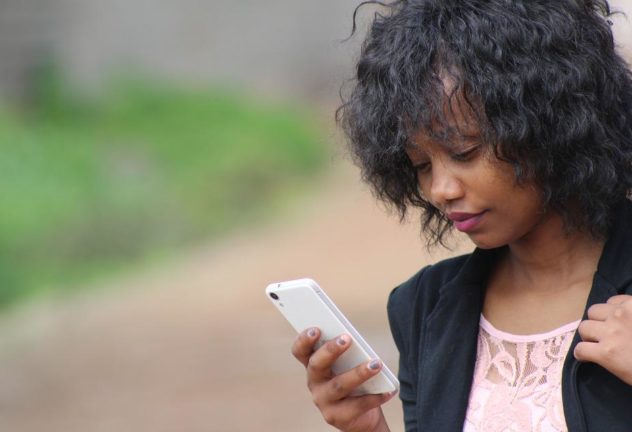Black History Month During The Age Of Black Lives Matter

Shazma Nafis, a former NYWC intern peer support worker, reflects on a crucial issue.
Black History Month started as a one-week celebration in 1926 to honour Frederick Douglass, an African American abolitionist. It has since evolved into a month-long celebration of Black men and women and encouraged much-needed conversations on racism and the mistreatment of Black individuals.
Black History Month is often discussed in spaces such as schools where the historical contributions of Black figures such as Martin Luther King Jr, Rosa Parks and Harriet Tubman are commended and celebrated. Over the last few years, however, Black History Month has turned into a time where we reflect on the past and also acknowledge disturbing and systemic challenges in the present day.
In 2013, after George Zimmerman was deemed innocent of the murder of 17-year-old Trayvon Martin, Alicia Garza used the phrase, “Our lives matter.” What started as a phrase that offered comfort then turned into a worldwide movement started by Patrisse Cullors, Alicia Garza and Opal Tometi known as #BlackLivesMatter. The movement is grounded on the mission to “eradicate white supremacy and build local power to intervene in violence inflicted on Black communities.”
Then on May 25, 2020, the death of George Floyd shook the world. Derek Chauvin, a former member of the Minneapolis Police Department, whose job is to serve and protect, murdered George Floyd. The collective outrage led to worldwide protests against police brutality and decades of racism and injustice. The conversation on the importance of protecting Black Lives is not new, and it is reoccurring.
Amplifying Black voices is essential every day of the year, not just during Black History Month. Learn more about vital issues and how you can take meaningful action via the following organizations:
Women’s Health In Women’s Hands Community Centre
Plus, see our #BHM2022 posts about Black Canadian women who make a difference today.
Conversations on racial inequality should make us uncomfortable, and it should fill us with rage to know that the lives of Black women and men are being oppressed if not taken away. Growing and learning start with the willingness to have these uncomfortable conversations. The last couple of years show us that it is time we fuel that anger and frustration into action. Whether on a micro or macro level, we need to reflect on our willingness to educate ourselves on Black history and commit to protecting Black lives. Fighting against racism and protecting human rights sits at the core of Black History Month.
Related Posts
“I love to give back to the community I grew up in.”
Diamond Antwi-Mansah, NYWC’s new Program Manager, wants to empower women and survivors. You can literally hear the excitement in Diamond’s voice when she talks about her new position at North York Women’s Centre. “This role is an opportunity to work alongside an incredible team,” she says. “Also, I was born…
Read More ›How To Feel Helpful & Hopeful
Volunteering at NYWC makes a difference. You may have heard about the 1:1 support service that we offer at North York Women’s Centre but aren’t aware of the type of assistance we provide. (In addition to our other programs and services.) With the help of staff and volunteers, we respond…
Read More ›“NYWC’s Program Gave Me A Sense Of Belonging And Community”
Did you know that unemployment is rising in Toronto and that 1 in 10 Torontonians now rely on a food bank? Women and newcomers are often particularly hard hit due to childcare and language issues, among other factors. That’s why North York Women’s Centre created the STEPS TO WORK program to…
Read More ›


